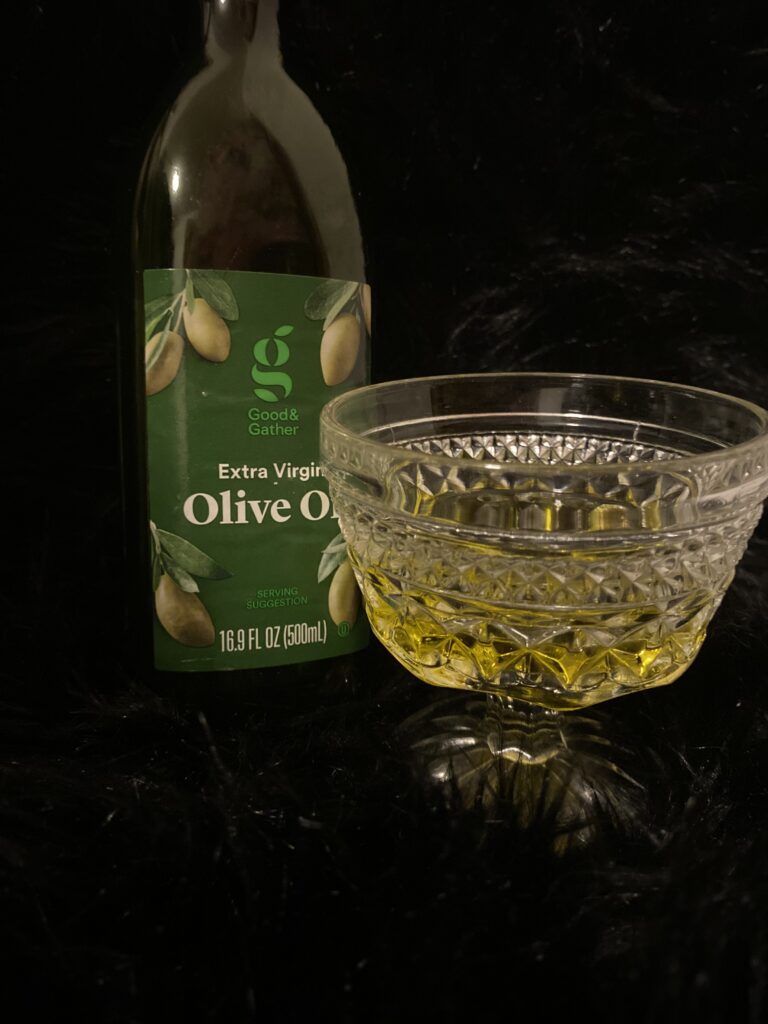Olive oil is loaded with health benefits, So, it’s no wonder it’s one of the staples of the Mediterranean diet. Several studies have even found that a higher intake of olive oil may help protect against cancer. It is Breast Cancer Awareness and when olive oil is applied to the boobs and consumed you are more protected. The olive oil group had about 68 percent reduced breast cancer risk compared to the low-fat group. Olive oil is the natural oil extracted from olives, the fruit of the olive tree. Extra virgin olive oil, the closest you can get to pure olive juice, contains oleic acid (an unsaturated fatty acid present in many fats and soaps) About 14% of the oil is saturated fat, whereas 11% is polyunsaturated, such as omega-6 and omega-3 fatty acids, but the predominant fatty acid in olive oil is a monounsaturated fat called oleic acid, making up 73% of the total oil content. Studies suggest that oleic acid reduces inflammation and may even have beneficial effects on genes linked to cancer (2Trusted Source, 3Trusted Source, 4Trusted Source, 5Trusted Source). Olive Oil also contains polyphenols, a compound known to suppress tumor growth in lab studies. polyphenol (Noun) any of a large class of organic compounds, of plant origin, having more than one phenol group; they tend to becolorful and to have antioxidant properties.
As new research continues to emerge, it has become increasingly clear that your diet can have a major impact on your risk of cancer. Monounsaturated fats are also quite resistant to high heat, making extra virgin olive oil a healthy choice for cooking. Although there are many foods that have potential to reduce the spread and growth of cancer cells, current research is limited to test-tube, animal and observational studies. More studies are needed to understand how these foods may directly affect cancer development in humans. In the meantime, it’s a safe bet that a diet rich in whole foods, paired with a healthy lifestyle, will improve many aspects of your health. One massive review made up of 19 studies showed that people who consumed the greatest amount of olive oil had a lower risk of developing breast cancer and cancer of the digestive system than those with the lowest intake (25Trusted Source). Another study looked at the cancer rates in 28 countries around the world and found that areas with a higher intake of olive oil had decreased rates of colorectal cancer (26Trusted Source). Swapping out other oils in your diet for olive oil is a simple way to take advantage of its health benefits. You can drizzle it over salads and cooked vegetables, or try using it in your marinades for meat, fish or poultry. Though these studies show that there may be an association between olive oil intake and cancer, there are likely other factors involved as well. More studies are needed to look at the direct effects of olive oil on cancer in people.


Leave a Reply